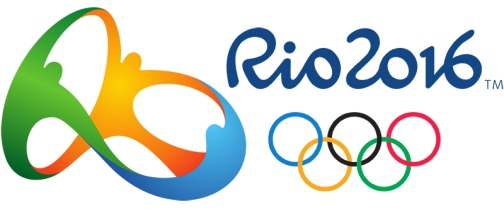 Professional boxers can compete at the upcoming Olympic Games in Rio de Janeiro, the sport‘s governing body ruled in a landmark decision on Wednesday.
Professional boxers can compete at the upcoming Olympic Games in Rio de Janeiro, the sport‘s governing body ruled in a landmark decision on Wednesday.
Meeting at an extraordinary congress in Lausanne, Switzerland, 95% of the AIBA delegates voted in favour of the controversial move, an AIBA statement said.
“This is a momentous occasion for AIBA, for Olympic Boxing, and for our sport as a whole, and represents another great leap forward in the evolution of boxing,” AIBA chief Wu Ching-Kuo said.
“We have embraced reform at AIBA over the past decade, making historic changes that have shaped the present health of boxing and precipitated its ongoing surge in popularity worldwide.”
The revolutionary decision is however unlikely to see boxing’s biggest names enter the Olympic ring in Rio.
For most professionals, like former heavyweight champion Wladimir Klitschko, it is already too late to take part in a qualifying contest. The last tournament is in Venezuela in July.
There is a rich history of fighters making their name at the Olympics before moving on to have groundbreaking professional careers, including Muhammad Ali, who won gold at the Romes Games in 1960, when he was still known by his birth name, Cassius Clay.
But letting those who have already turned professional fight at the Games has faced some resistance, including from former gold medallist and world heavyweight title holder Lennox Lewis, who said it would be “preposterous” to let professionals into the same ring as amateurs.
AIBA president Wu has aggressively supported the move, arguing that the distinction between amateurs and professionals had become increasingly arbitrary.
The admission of professional basketball to the Olympics in time for the 1992 Games in Barcelona has helped make men’s basketball one of the most hotly-anticipated events of the Games.
But AIBA will have to answer questions about its dope testing policy in order to satisfy the International Olympic Committee, which is embroiled in a series of doping scandals and is battling to keep drug cheats out of the Rio Games.
A World Anti-Doping Agency (WADA) report found that the AIBA has not carried out any out-of-competition tests in the year ahead of Rio and hardly any in the past three years, the British magazine Private Eye reported.
The report was quoted as saying that the AIBA’s actions fell “considerably short” of WADA’s requirements.
WADA spokesman Ben Nichols would not comment directly on the substance of the Private Eye report but confirmed that the agency’s inspection team had given AIBA recommendations aimed at “improving and enhancing” its anti-doping program.
AIBA had started working on the implementation of the recommendations, the WADA spokesman added.
Boxing has undergone major changes in recent years. Women were allowed into Olympic competition in 2012 and headguards will no longer be compulsory from Rio. – Agence France-Presse

































